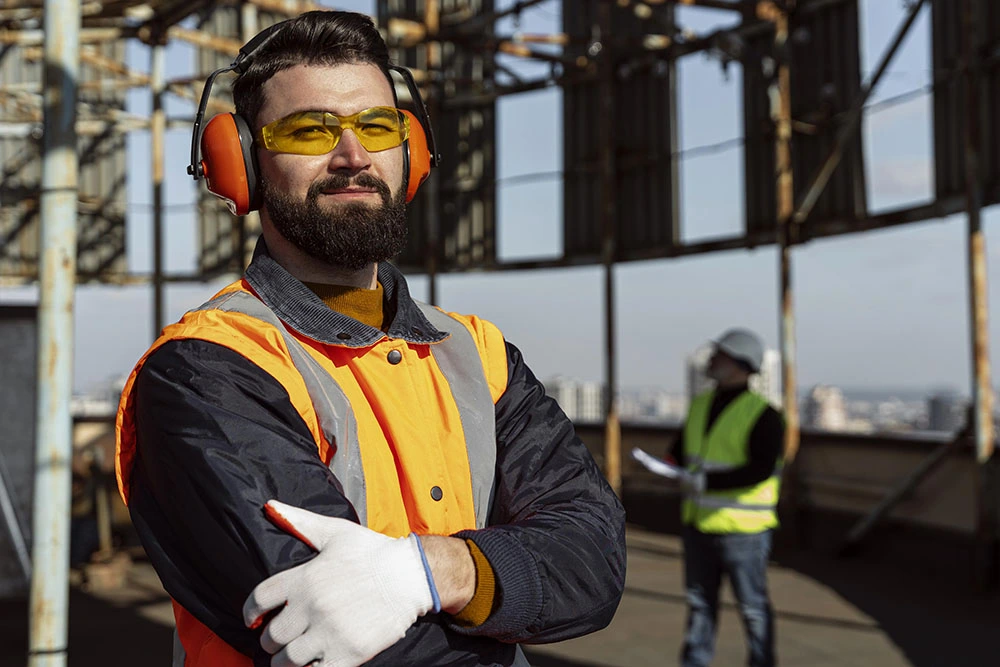The Future of Safety Certifications: Trends to Watch

As industries continue to grow and evolve, so do the standards for workplace safety and the certifications required to ensure compliance. In the past, safety certifications were mainly focused on basic workplace practices, but today they are becoming more specialized, incorporating advanced technology and addressing emerging risks in various sectors. This post explores the future of safety certifications and the key trends that businesses need to be aware of in order to stay ahead of the curve. One of the biggest shifts we’re seeing is the rise of digital certifications, allowing companies to streamline the process of training and certification for their employees. Digital platforms are also enabling virtual safety training through immersive experiences like virtual reality (VR), which provides workers with hands-on practice in a safe and controlled environment. Additionally, industries are increasingly focusing on niche safety certifications tailored to specific fields like construction, oil and gas, healthcare, and technology. As businesses face new challenges related to climate change, cyber threats, and advanced machinery, safety certifications are evolving to address these risks. In this article, we discuss these trends in greater detail and offer insights on how businesses can stay compliant, keep their employees safe, and lead the way in safety excellence. By understanding and embracing these emerging trends, businesses can future-proof their safety programs and continue to provide the highest level of protection for their workforce.

